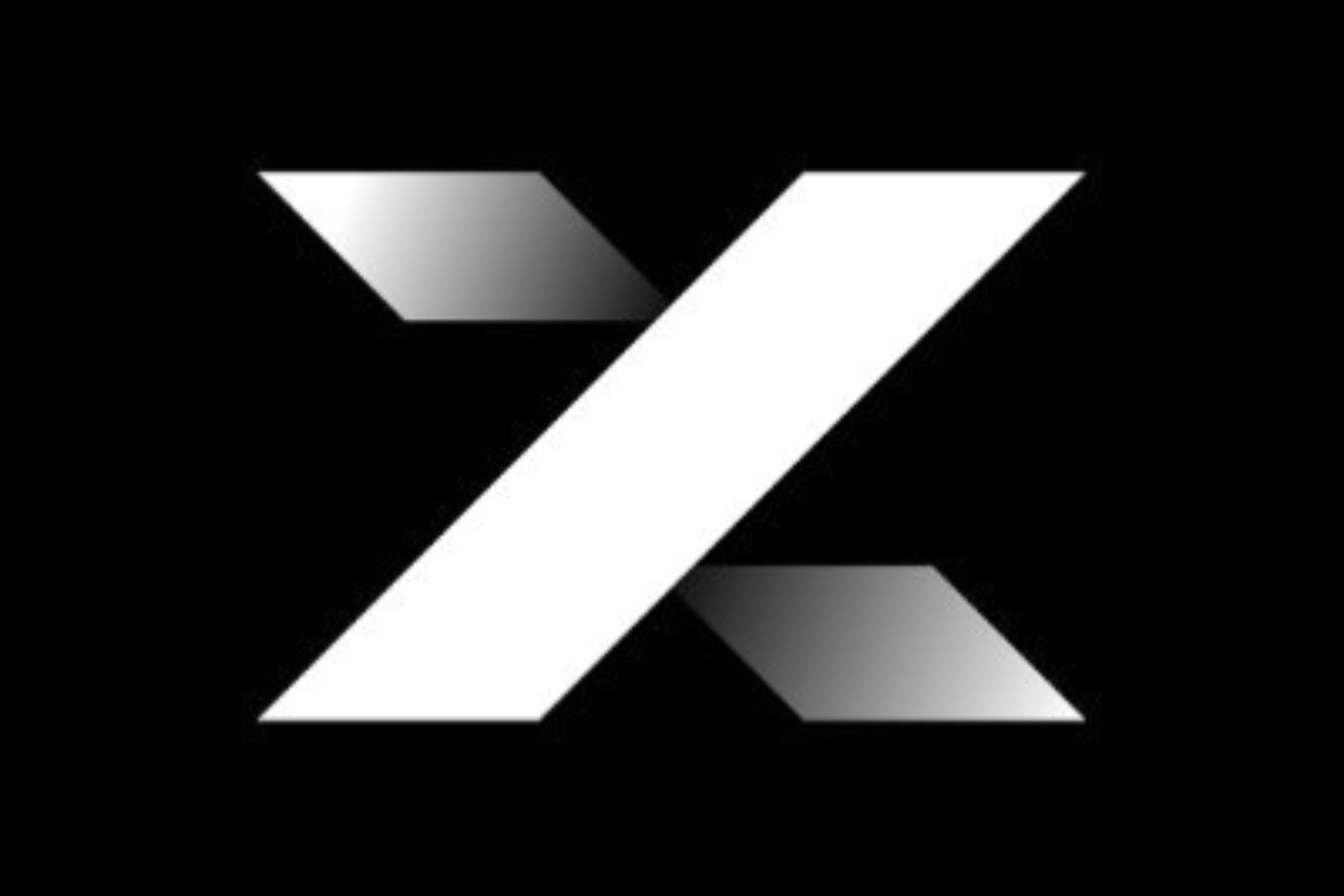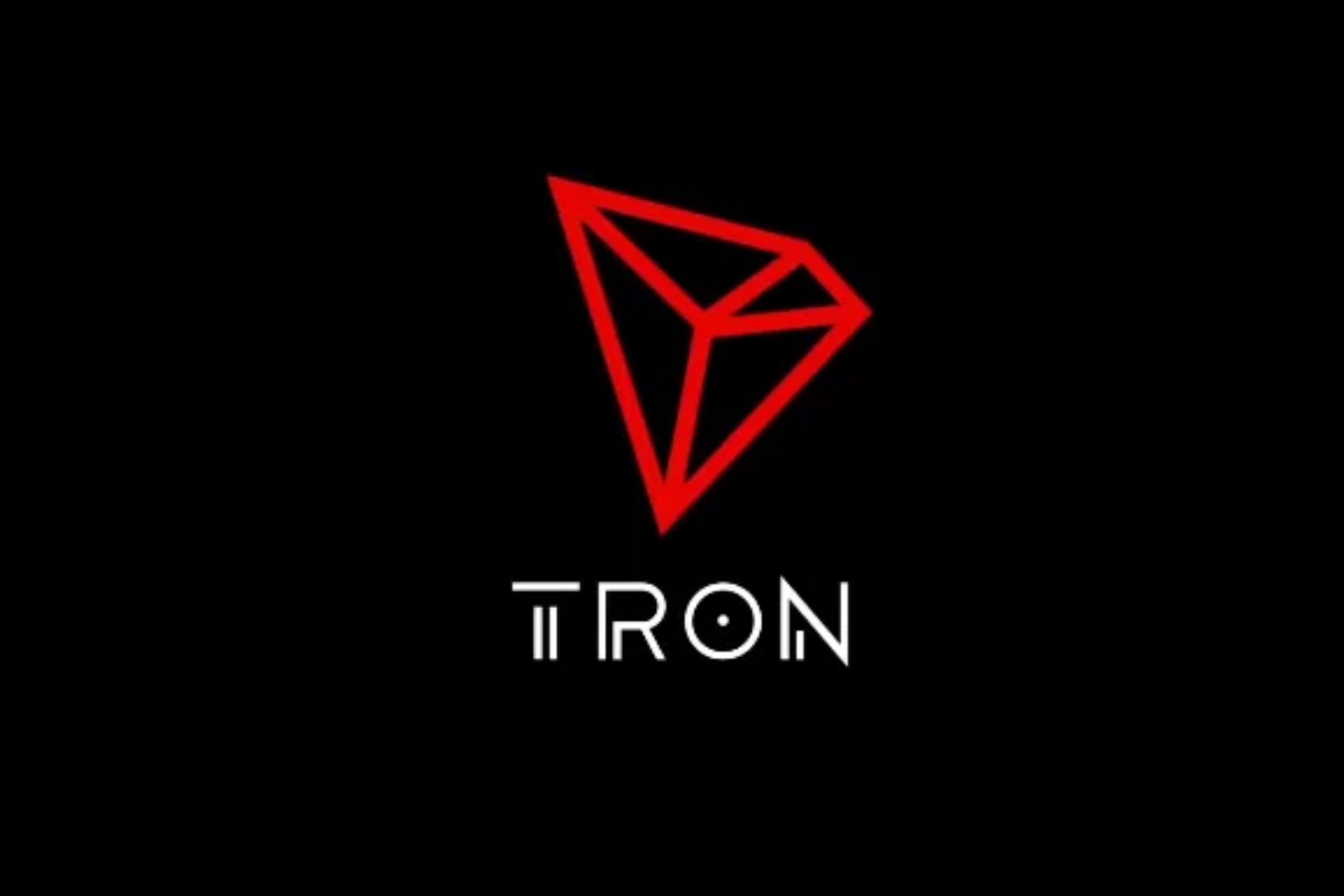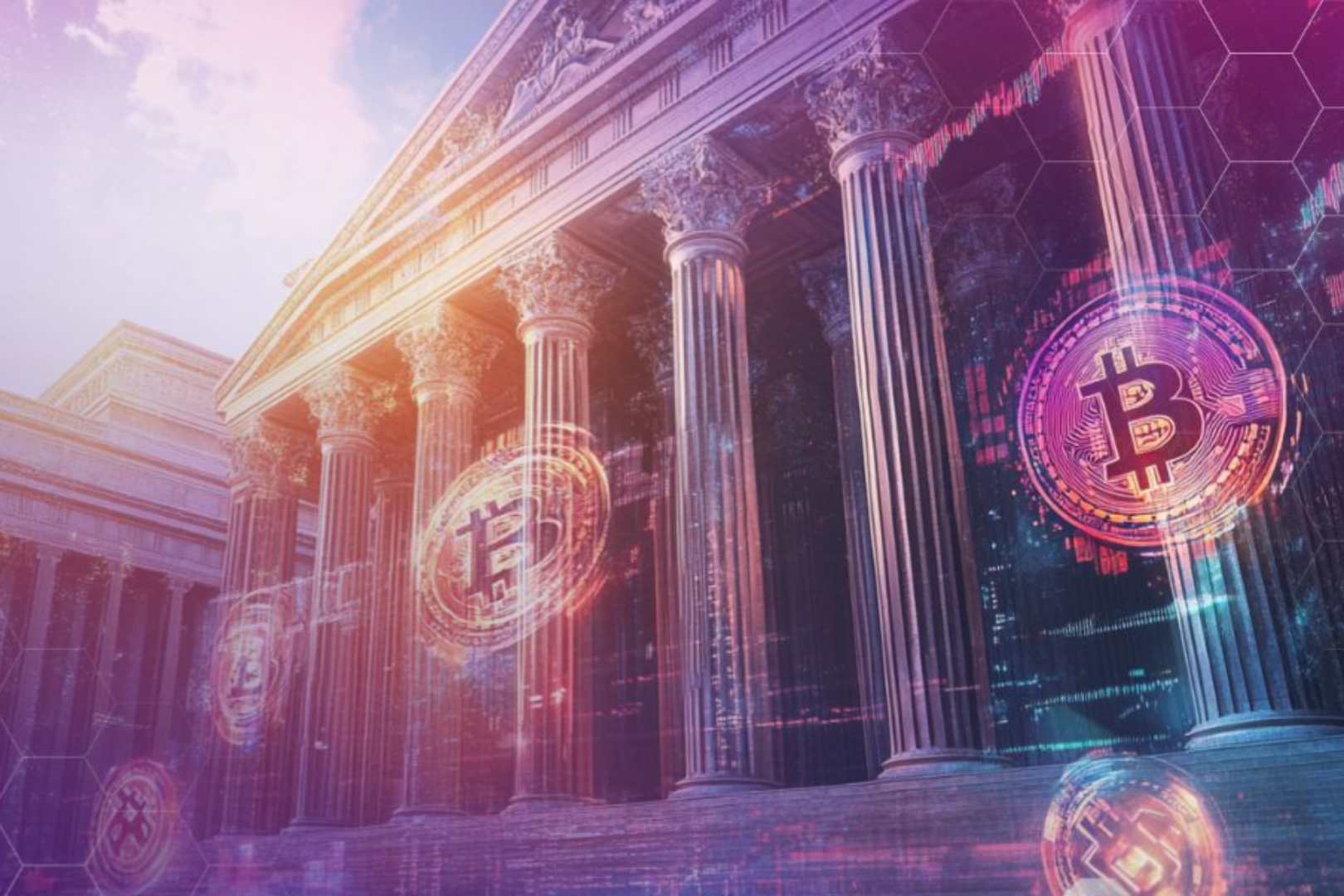This article comes fromCointelegraph, by Sharat Chandra, Shiv Aggarwal
Odaily translator |
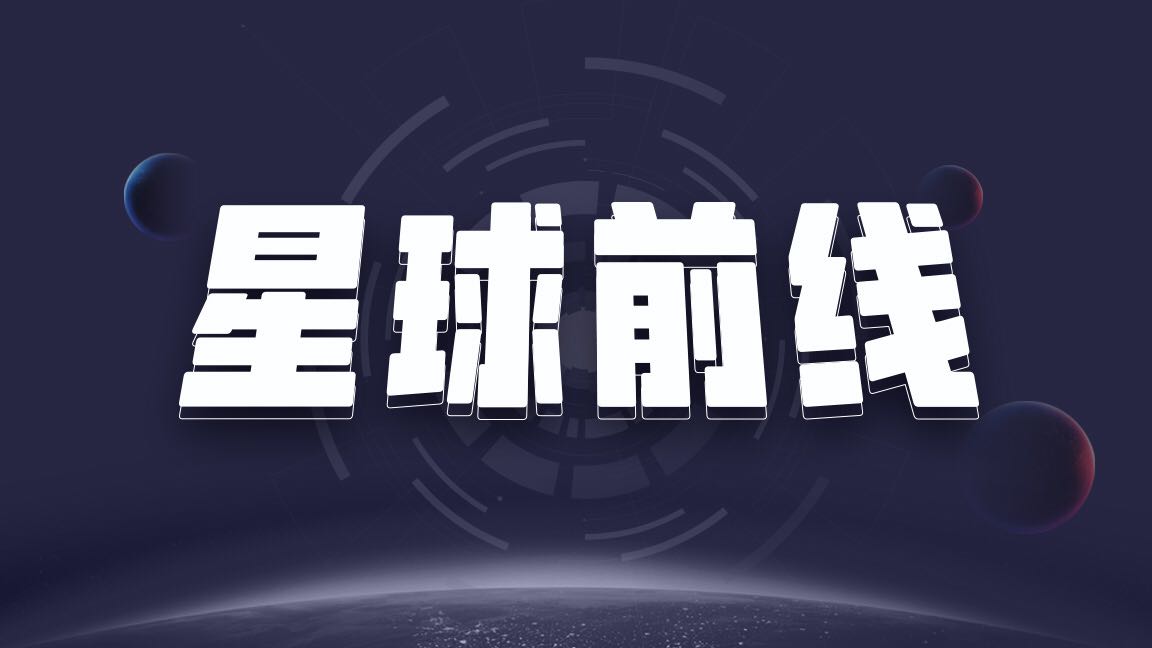
Recent geopolitical events have polarized the world. Partisanship and ideological divisions have further divided the internet, with internet giants robbing millions of people of their access to financial services. Countries are gradually realizing the practical significance of having neutral agreements and national stacks. Web3 is hailed as the next generation of the Internet, which is sanction-resistant and has no data silos. Gavin wood, co-founder of Ethereum, founder of Polkadot and Kusama, proposed the concept of "Web3" in 2004. Five years later, the Bitcoin (BTC) white paper was released, further cementing the need for decentralization. Will the narrative of decentralization persist? Let's take a look at why Web3 is so hot today.
first level title
Web3: The role of decentralization in the innovation economy
Web3 can provide a global digital track to help innovation and independence. The dominance of the internet by tech giants and their control over personal data has fueled calls for decentralization. The well-known Silicon Valley venture capital firm a16z published a policy document: "How to Build a Better Internet: 10 Principles for World Leaders to Shape the Future of Web3". The document states that data ownership and monetization will bring about newer business models in the Web3 era, arguing that:
"The world deserves technology that unlocks opportunity for the countless people on the fringes of the innovation economy and empowers people to take control of their digital lives".
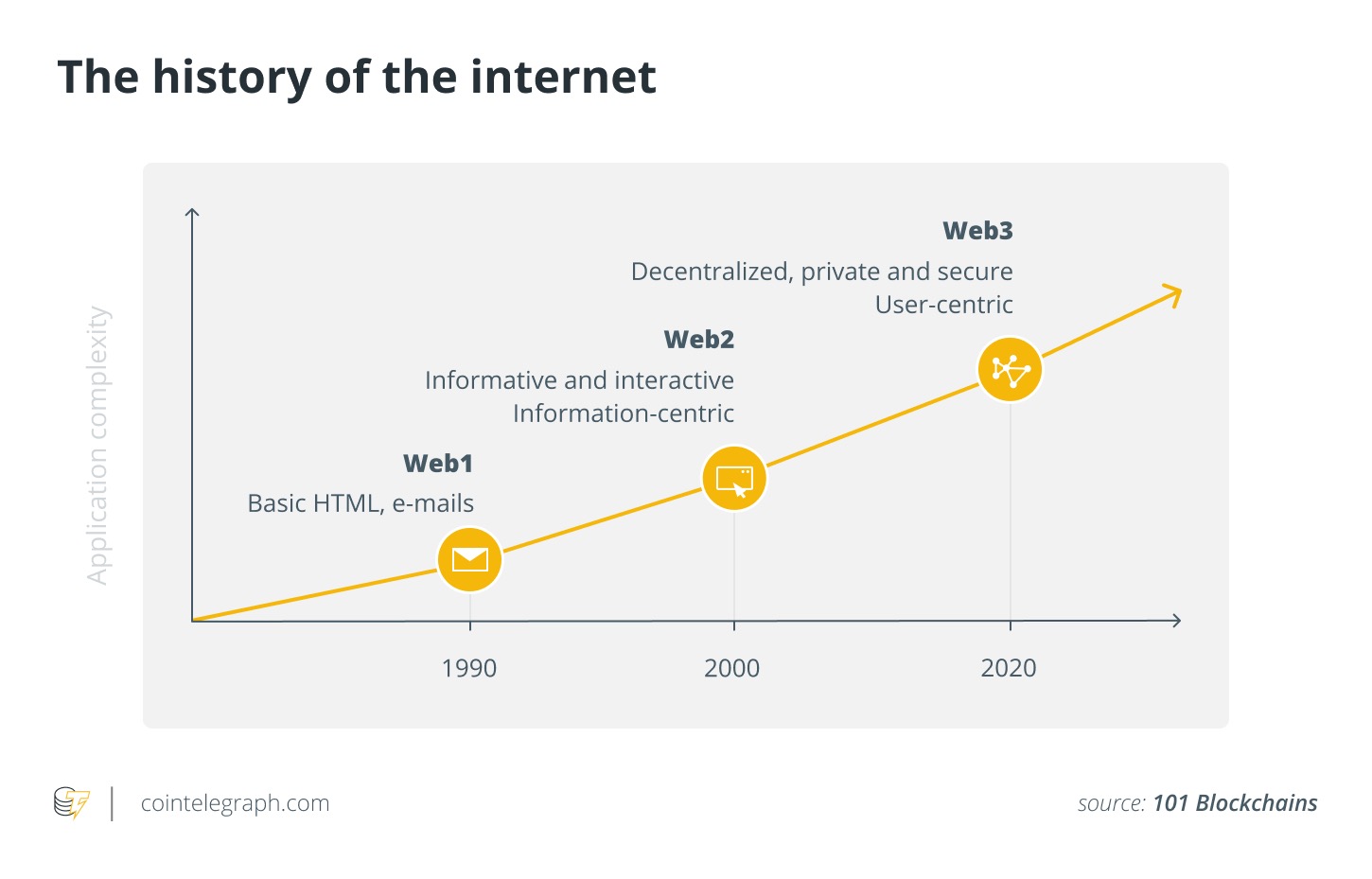
Human connection is the basic premise of the internet. As the Internet has evolved over the past 30 years and our interactions with it have changed, the era of online communities can be roughly divided into three time periods.
"Privacy is necessary for an open society in the electronic age," said Eric Hughes, an American mathematician and founder of the cyberpunk movement. He emphasized the importance of privacy and how privacy concerns are more pronounced in the decentralized internet. The current state of the Internet, Web2, is monopolized by the tech giants, Facebook, Amazon, Apple and Google own and manage the Internet today.
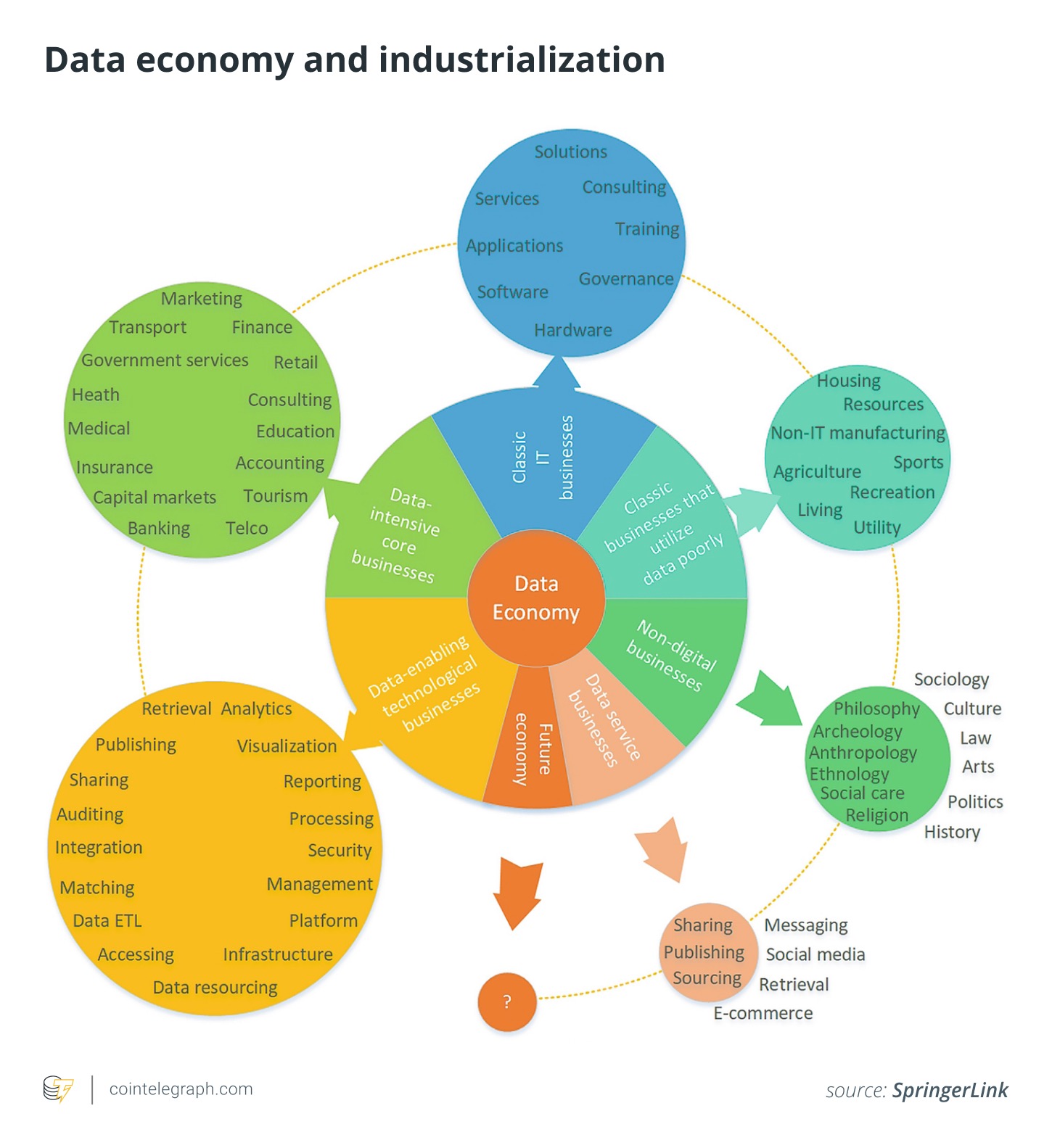
Web3 has not yet reached its full potential. At this point, the idea of individuals exercising full ownership over their data and privacy seems rather dystopian, as adoption is low and limited to Crypto-savvy individuals.
first level title
Adoption of Web3
The idea of enabling portable digital identity and ownership on the internet requires easy access to Web3 wallets for everyone, including non-native cryptocurrency audiences. Credentials management coupled with custody of digital assets is the missing link preventing Web3 adoption. A composite wallet that enables users to confirm their identity and store credential digital assets in the physical and digital fields. The current upstream (fiat-to-crypto) and downstream (crypto-to-fiat) services for players are far from satisfactory, and this needs to be addressed from a user experience perspective to achieve mass adoption.
first level title
Web3 and the Ownership Economy
Web3 will bring about a paradigm shift in the way people in online communities use technology. The creation and distribution of value will no longer be at the mercy of centralized actors, and decentralized groups will enable new forms of ownership and co-creation.
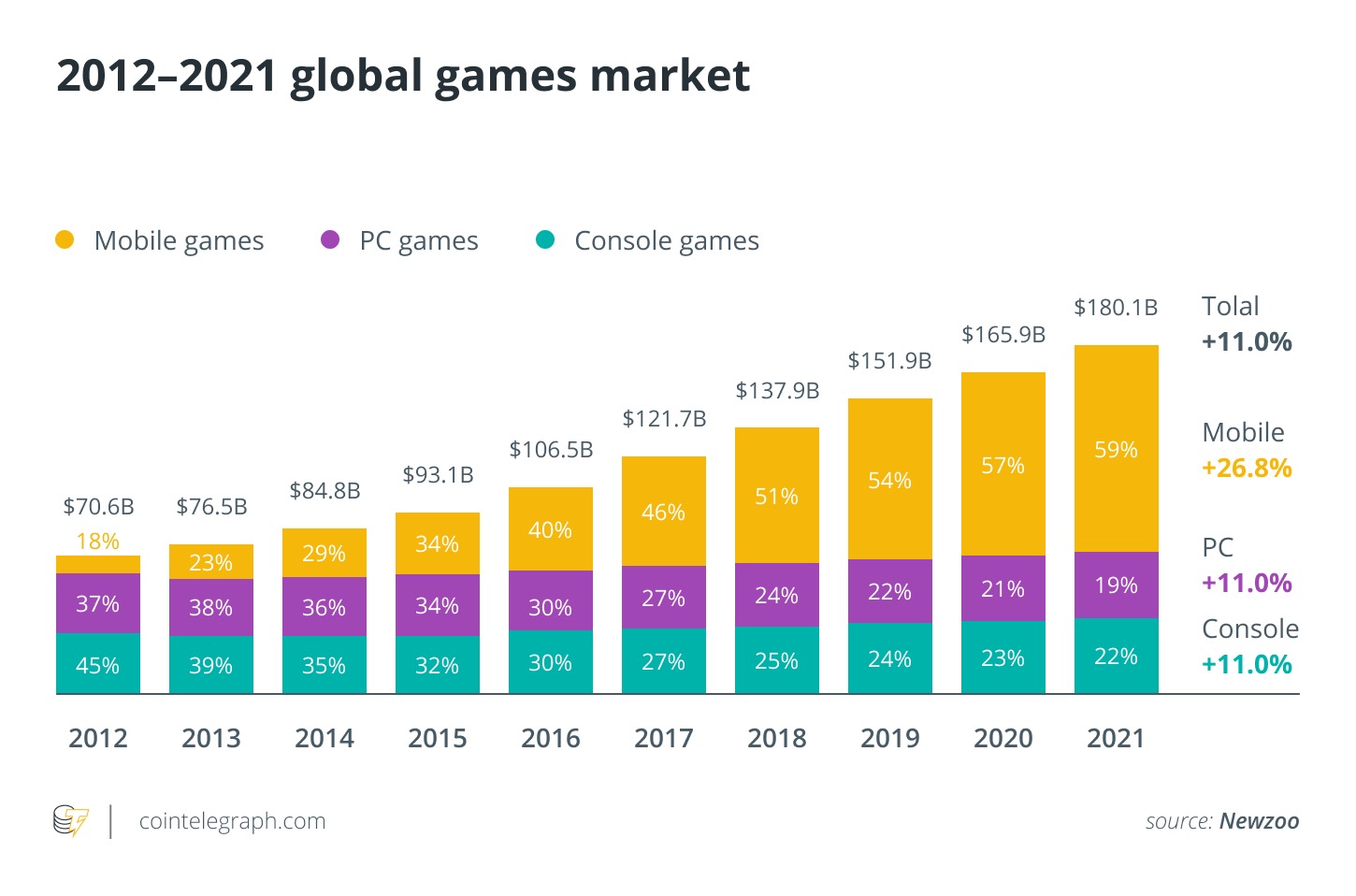
The game industry is worth 200 billion US dollars in 2021, and games will become the direction for entry-level users of the Web3 ecosystem. Emerging gaming markets such as India have more than 450 million gamers. The low per capita income in emerging markets has created huge opportunities for gamers to earn income through blockchain games.
In the long run, financialization-first Web3 games are expected to grow further. Web3 is at the heart of the discourse, focusing on creators and ownership economies. JP Morgan’s recent report, Opportunities in the Metaverse, highlights the importance of a single wallet user experience in Web3 and metacommerce. The report states that a single wallet should include the following:
Web2 traditional financial payment channels, digital currency and digital assets;
Web3 cryptocurrencies, NFTs and digital assets;
Verifiable credentials for digital identity, know-your-customer and anti-money laundering compliance keys, and reputation ratings;
Multiple aliases for privacy and digital freedom.
